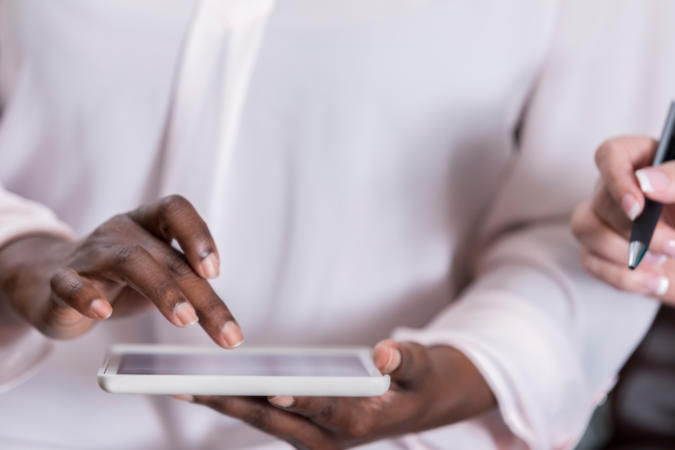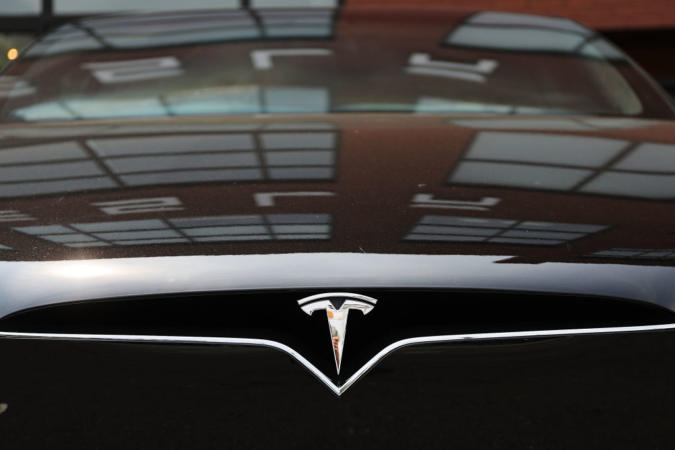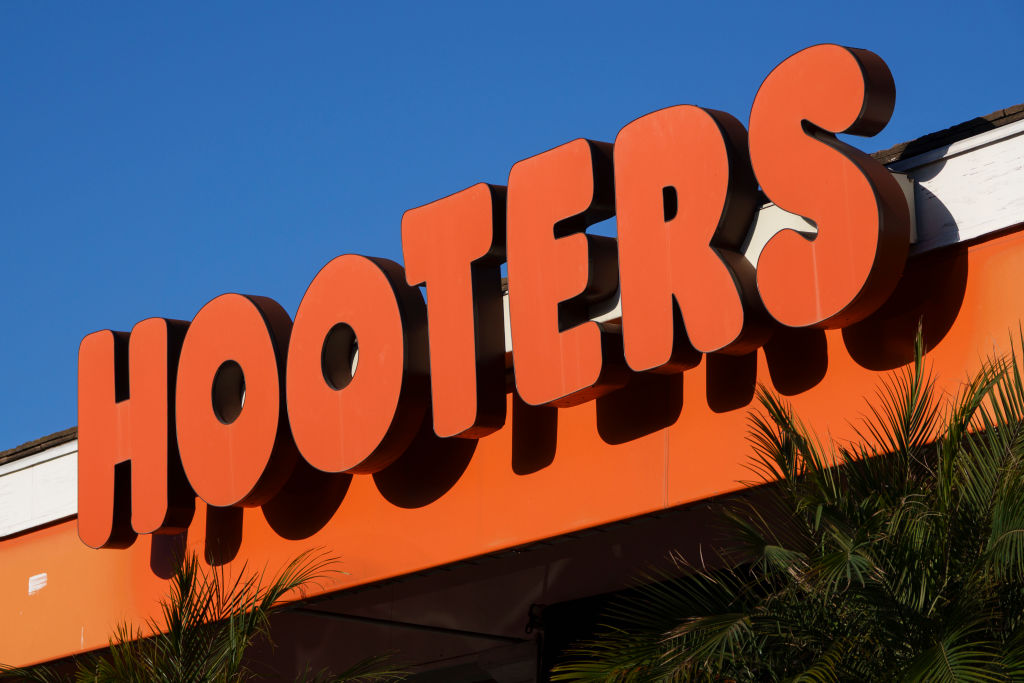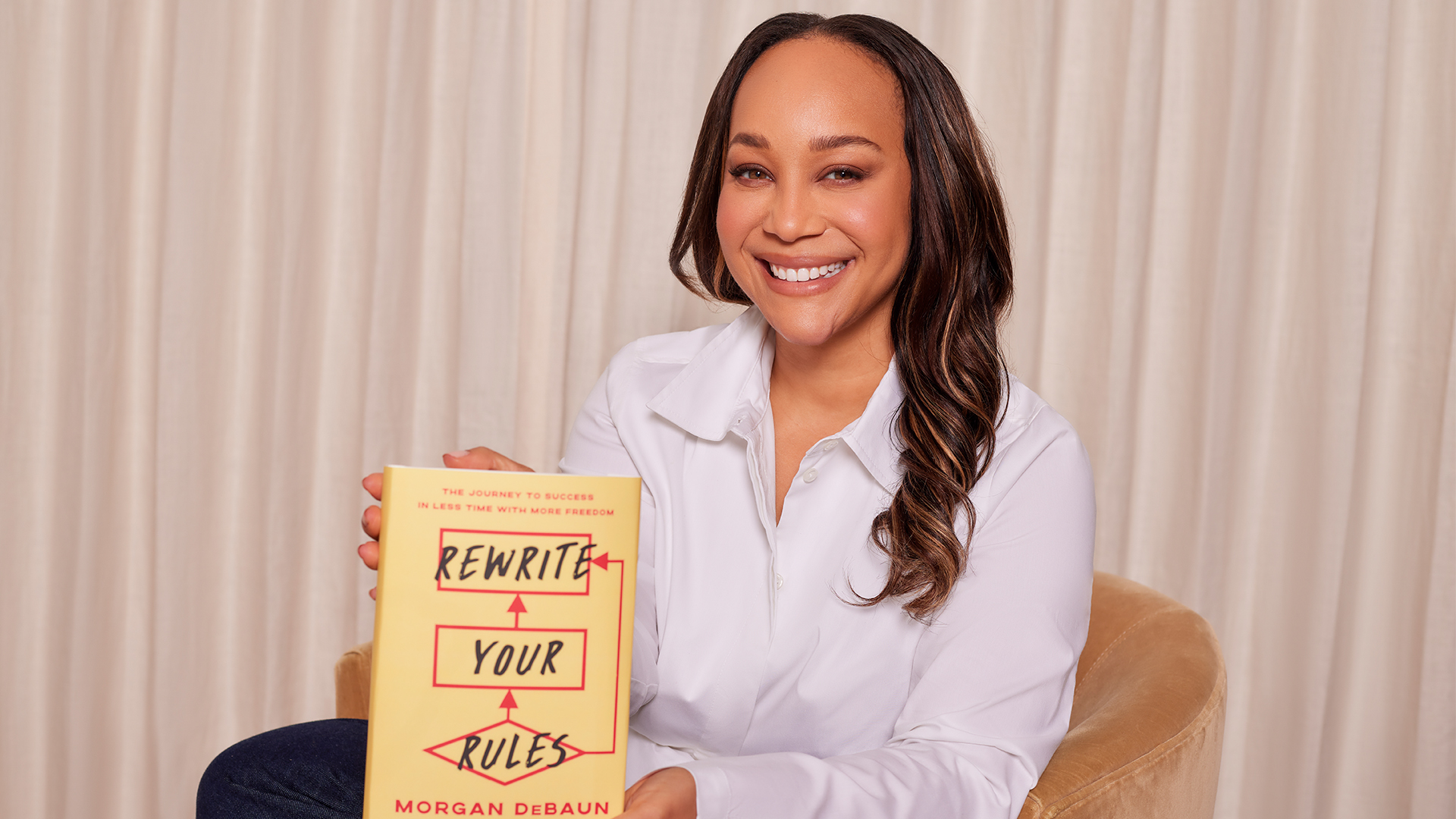As hospitals all over the country overcrowd with COVID-19 patients, small startups are stepping up to do their part for the community and 4D Healthware happens to be one of them. The Black-owned healthcare startup has developed a monitoring platform to help treat COVID-19 patients at home.
The Chicago-based company created a tech-based method using its original software that allows remote monitoring, at-home treatment, and physician and lab supported diagnoses.
According to ChicagoInno, the technology equips patients with pulse oximeters — which measure the oxygen levels in the blood — and Wi-Fi-enabled digital tablets programmed with the company’s software to collect biometrics including temperature, oxygen levels, and other vital data.
4D Healthware then uses this data to evaluate and treat patients without forcing them to go to hospitals for treatment, unless in the event of extenuating circumstances.
“Healthcare is now recognizing the value of virtually caring for patients,” stated Star Cunningham, the startup’s founder and CEO. “You don’t want [COVID-19 patients] to come out. What you want to do is eliminate a certain amount of foot traffic that’s coming into the healthcare system right now.”
4D Healthware reported that they’re able to treat up to 500,000 COVID-19 patients across the U.S. and disclosed that their current number of patients is increasing “exponentially each day.”
The startup’s new tech platform utilizes health metrics from wearable devices like Apple watches and Fitbits to effectively monitor patients’ health. However, the illness must be monitored through 4D Healthware’s hardware.
“We call 4D Healthware enhanced telehealth because it’s more than that,” Cunningham said. “The beauty of 4D is that long after the pandemic ends, we are a viable long-term solution for managing patients at home.”
Currently, the startup is targeting Medicare patients, but also accepting those with private insurance. With a staff of 20 people, including a physician, the startup has raised more than four million dollars in revenue since launching in 2012.
















